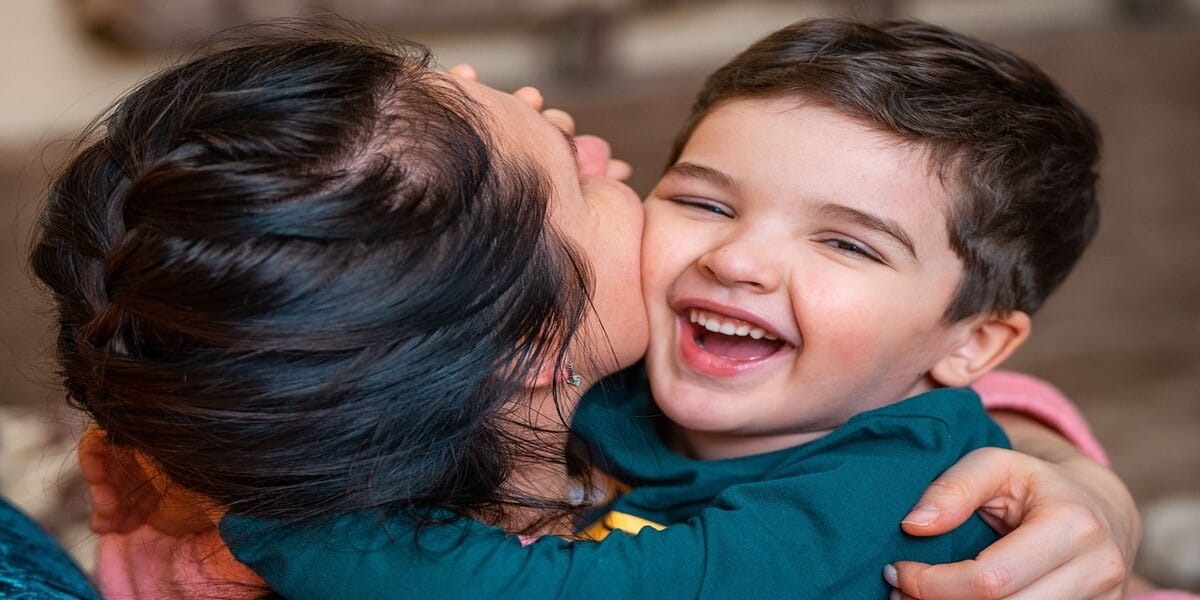Children feel the impact that big life events like divorce can have on their quality of life. These impacts, which can be psychological, emotional, or social, depend on how old the child is, how their temperament is, and the specifics of the divorce that took place, so it can differ quite a bit. This article summarizes research on the long-term effects of divorced parents on children, including mental and behavioral problems, school performance and other final outcomes in late adolescence and young adulthood.
How can divorced parents affect a child’s well-being
Psychological Impact
Emotional Distress
Kids go through a variety of emotions after divorce from their parents. Even extreme emotions such as sadness, anger, confusion, and anxiety are common. When a traditional family unit is broken, children may exhibit grief-like symptoms; they are grieving a united family unit. How this emotional upheaval looks will vary with the child and their age. For instance:
- Babies may display increased irritability and separation anxiety.
- Toddlers may regress in behavior, such as thumb-sucking or bedwetting.
- Preschoolers might have nightmares or fears about abandonment.
- Kids who are older blame themselves for the divorce and can display withdrawal or aggression.
- Teens may develop trust issues and a cynical view of relationships.
Mental Health Issues
Research reveals that children of divorce are more likely to experience mental health problems, such as anxiety, depression, and low self-esteem. Sadly, these problems also track into adulthood as research has shown that children of divorce have an increased risk of serious psychological problems in adulthood. They might also be more vulnerable to suicide risks and other mental health emergencies.
Behavioral Challenges
Externalizing Behaviors
Externalizing behaviors such as aggression, defiance, and conduct disorders are common among children of divorced families. These behaviors can arise from the emotional distress felt during and after the divorce process. Rather, instability in home life and inconsistent parental figures can heighten these problems. For example:
- Acting out: Children may misbehave in school or at home because of unresolved feelings about their parents’ separation.
- Social problems: Poor social skills post-divorce often result in increased isolation for children.
Risky Behaviors
Over time, kids from divorced families could partake in riskier behaviors more often than their friends from intact families, such as drug, alcohol, early sexual activity, and delinquent behavior. The chaos involved in their home life can be a factor in a missing element of guidance and support that would otherwise help lessen these risks.
Academic Performance of Kids With Divorced Parents
How does divorce affect the academic life of a child? Studies indicate that children from divorced families tend to receive lower grades and are more likely to drop out of high school in comparison to their intact family peers. Some of the reasons behind this drop are:
- Emotional distraction: Children dealing with emotional upheaval may struggle to concentrate on schoolwork.
- Changes in living conditions: Divorce often leads to financial strain, which can result in moving to different schools or neighborhoods, disrupting a child’s education.
- Parental involvement: Divorced parents may have less time or emotional energy to devote to their children’s academic needs due to their own stressors.
Long-Term Consequences
The effects of parental divorce can extend well into adulthood. Studies indicate that adults who experienced parental divorce during childhood may face several challenges:
- Relationship difficulties: They might struggle with commitment issues or have a higher likelihood of experiencing divorce themselves.
- Lower socioeconomic status: Financial instability during childhood can lead to long-term economic challenges.
- Poorer physical health: The stress associated with parental divorce has been linked to various health issues later in life.
Coping Mechanisms and Support for Kids with Divorced Parents
As serious as the consequences of divorce can be, though, parents can do a few things to lessen the damage:
- Promote Open Dialogue: Let your children feel free to express how they feel regarding the divorce, preferably without any judgment tags.
- Familiar Routines: Keeping familiar routines can be a source of stability amid the chaos.
- Co-parenting: It is important for both parents to co-parent as peacefully as possible to reduce conflict and create as much stability for the children as possible. Read more details about parenting time guidelines.
- Psychosocial support: Therapy or counseling helps the child cope with their emotions.
Conclusion
The ramifications that divorce has on children’s well-being are many and also complicated. Although most children are adaptive in the long run, some will struggle with mental health problems, behavioral issues, academic problems, and long-term outcomes. Knowing these impacts is important for parents who are going through this tough transition and highlights the need to support and provide resources for their children’s mental well-being, both during and after the divorce process.
Read our guide to create a successful parenting plan. And don’t forget to follow our Facebook and Twitter pages!
Sources:
- https://pmc.ncbi.nlm.nih.gov/articles/PMC6313686/
- https://jsser.org/index.php/jsser/article/download/4791/613
- https://www.australianfamilylawyers.com.au/information-centre/how-divorce-affects-children
All images from pixabay.com

SmartDivorceNetwork.com Thanks to all our contributors; Independent Writers, Journalists and Guest Gloggers for helping the site to became better with good an engaging content and for keeping our readers up to date with the most recent information about divorce.







